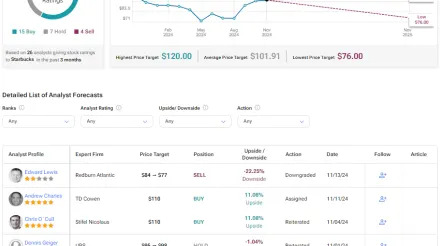(Bloomberg) -- Israel’s finance ministry slashed its projection for growth for 2024, underlining the strain the almost year-long war against Hamas has put on the country’s economy.
Gross domestic product is expected to rise 1.1%, according to updated figures on the ministry’s official website on Monday, down from the previous figure of 1.9%. The projection for 2025 was lowered to 4.4% from 4.6%.
The new projection — attributed to “weaker-than-expected” data in the second quarter — means Israel’s economy is set to grow at the slowest pace this year since around 2009, with the exception of the height of the Covid-19 pandemic in 2020.
The war in Gaza, started when Hamas militants invaded Israel on Oct. 7, and skirmishes with Hezbollah fighters in Lebanon have caused Israeli defense spending and the country’s fiscal deficit to surge. Sectors such as construction, agriculture and tourism have slumped.
Israel’s been downgraded for the first time in its history — though it retains high investment-grade ratings in the single-A range. The government’s local-currency bond yields have risen significantly relative to US Treasuries, indicating nervousness among investors.
Israeli officials have estimated the cost of war through the end of next year of roughly $66 billion, an amount equivalent to more than 12% of GDP.
War spending totaled almost 97 billion shekels ($25.9 billion) through August, inflating Israel’s 12-month trailing deficit to 8.3% of GDP, according to finance ministry data. Government borrowing has slightly exceeded 200 billion shekels since the beginning of the year, one of the country’s largest-ever sprees. The finance ministry reiterated a forecast that the fiscal deficit will decelerate to its target of 6.6% by the end of the year.
Fitch Ratings lowered Israel’s debt rating by one level to A from A+ last month, saying the conflict in Gaza “could last well into 2025 and there are risks of it broadening to other fronts.” The rating company says the fiscal deficit could reach 7.8% of GDP this year, up from 4.1% in 2023.
US President Joe Biden and his counterparts in Qatar and Egypt are trying get Israel and Hamas to agree to a cease-fire. The White House may present a new proposal to the two sides in coming days to help end a deadlock in the negotiations.
The Israeli finance ministry’s projections presume fighting with Hezbollah, a group more powerful than Hamas, does not escalate into a full-blown war. Fears of such a scenario have risen in recent months.
Despite an economic slowdown, Israel’s central bank is not expected to reduce its key interest rate from 4.5% before next year. Israel’s inflation has accelerated in recent months, with the latest reading at 3.2% year-on-year — above the 1%-3% target range.
The Bank of Israel’s deputy governor, Andrew Abir, told Bloomberg last month he doubts the conditions will be in place for monetary easing before the end of the year.
“The surprise has been how long the war has been going on,” he said.
--With assistance from Onur Ant.
(Updates with more financial data in seventh paragraph.)





